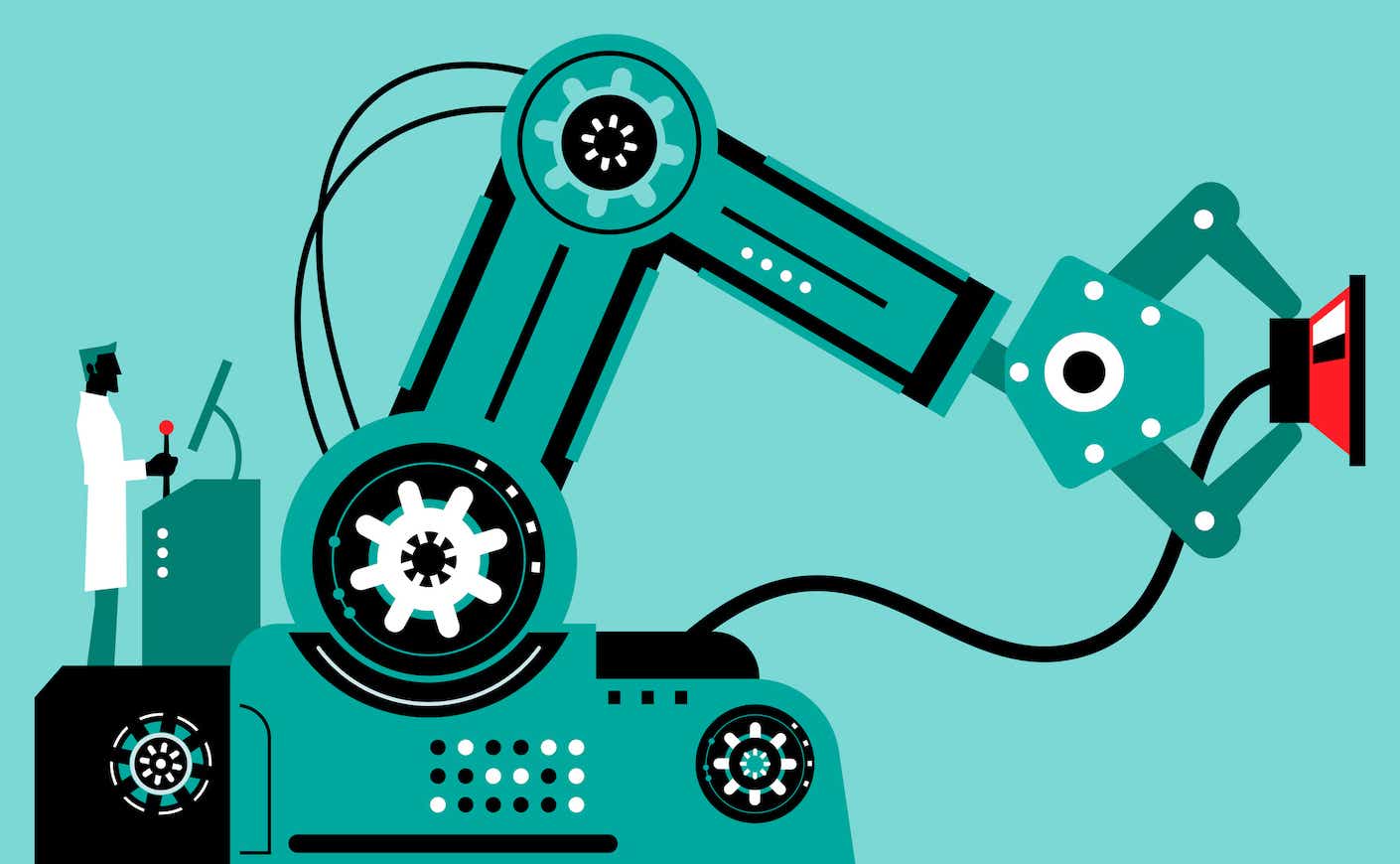Have you ever wished for a future where people with heart problems don’t live with constant worry? Or one in which you didn’t have to worry about your doctor missing anything after you’ve had an operation? What if someday, we didn’t have to fear getting a false positive or negative after a cancer screening? Well believe it or not, the future is here — and its name is AI.
AI, or artificial intelligence, has gotten a bit of a bad rap over the past few years. The idea of a computer writing a term paper for you — or deepfake videos making the rounds online — makes a lot of us uneasy, and it’s easy to jump to the conclusion that at some point, we’re all going to be replaced by robots. But there’s no reason to let our fears about being controlled by androids negate all the positive potential AI holds.
There are plenty of ways AI is changing the world for the better, and that’s especially true in the healthcare industry. At healthcare-technology company Medtronic, doctors and scientists are harnessing the power of artificial intelligence not just to make our lives easier, but to make them longer, safer, and healthier.
There are few people more excited by AI’s potential impact on our future health than Ken Washington. He’s the Senior Vice President, Chief Technology and Innovation Officer at Medtronic, and has already seen firsthand the ways AI is benefiting patients with serious or chronic health conditions. One of the tools the company has rolled out is an AI-guided colonoscopy called GI Genius: “In a traditional colonoscopy, the doctor looks at video images in real-time through an endoscope and determines what could be a polyp and whether to remove it,” explains Washington. “GI Genius takes a lot of that guesswork out, because it provides a visual cue to alert physicians to polyps they may have missed.” The results of this new technology speak for themselves: In a traditional colonoscopy, an average of one out of four polyps are missed. But GI Genius reduces the number of missed polyps by more than half.
AI is an added tool in a physician’s toolbox.
AI is also having a major impact on patients already dealing with chronic conditions. For the millions of Americans suffering with heart issues, technology and innovation teams at companies like Medtronic are using AI to revolutionize how abnormal heart rhythms are diagnosed and eventually treated. “At Medtronic we have a tiny insertable cardiac monitor, called the LINQ II ICM, that continuously captures a patient’s heart rhythm data to detect irregular heartbeats, which is then sent to a patient’s doctor and care team,” says Washington. “Using an artificial intelligence algorithm in the cloud, we can improve the accuracy of heart rhythm data by removing about 90 percent of false alerts, capturing only those that are clinically relevant.” This saves doctors and clinicians hundreds of hours of review time so they can focus more on their patients.
And AI isn’t just helping make life easier for both patients and physicians during screenings or medical procedures. After surgery, patients require extensive monitoring to evaluate their results, and in a high-stress surgical environment, it’s natural that some information might slip through the cracks. “We’re now able to use an AI algorithm to send data to a computer that allows physicians to evaluate a patient’s progress,” says Washington. “We can look at the correlation between the procedure and the patient’s diagnostics afterward, to give us insight into what might need to be modified, or if further intervention is required.”
Washington is quick to point out that while AI is an incredible tool in healthcare, it’s not going to replace physicians: “AI is an added tool in a physician’s toolbox, and it’s already proving to provide better outcomes for patients and better experiences for physicians,” he explains. That said, artificial intelligence is one of the more exciting developments in modern healthcare history. “As we learn more about how to apply AI in medicine,” says Washington, “it seems like the sky’s the limit.”









